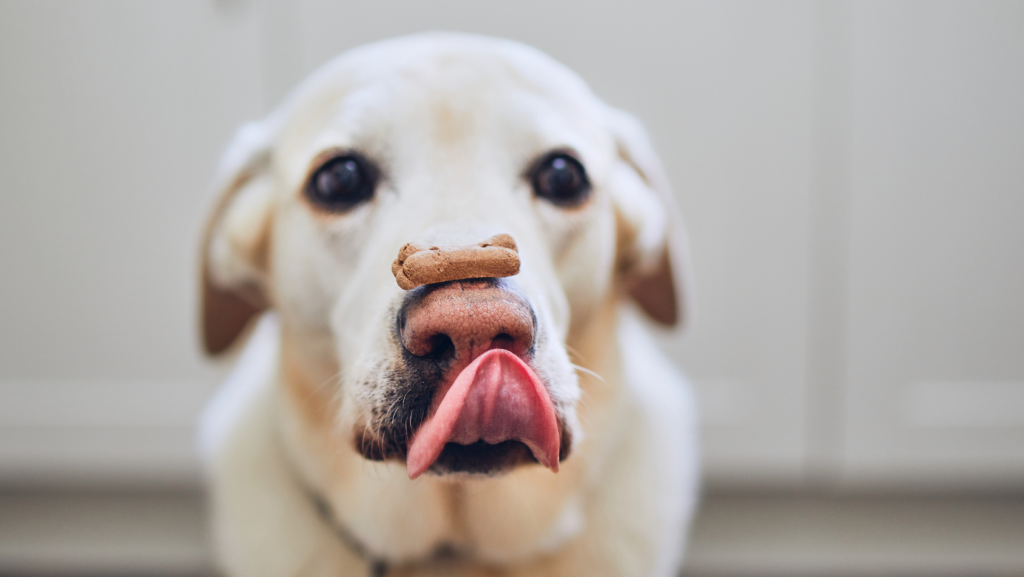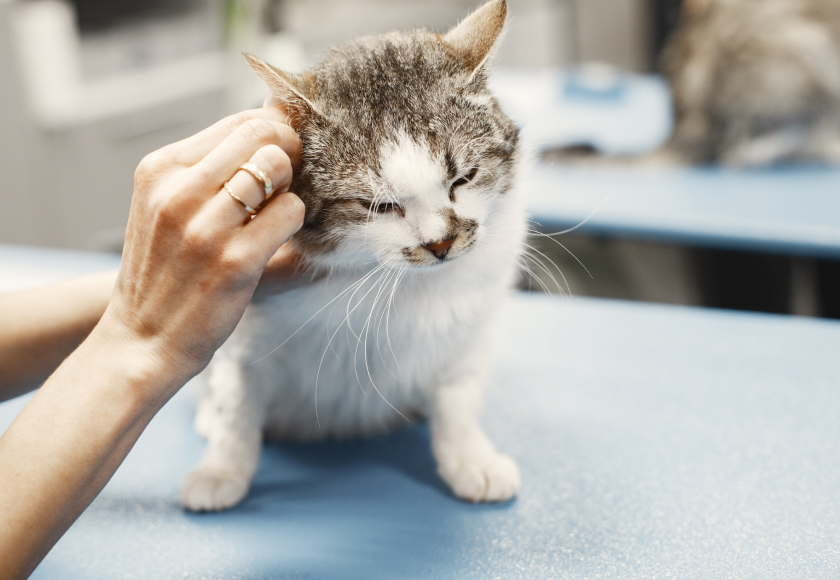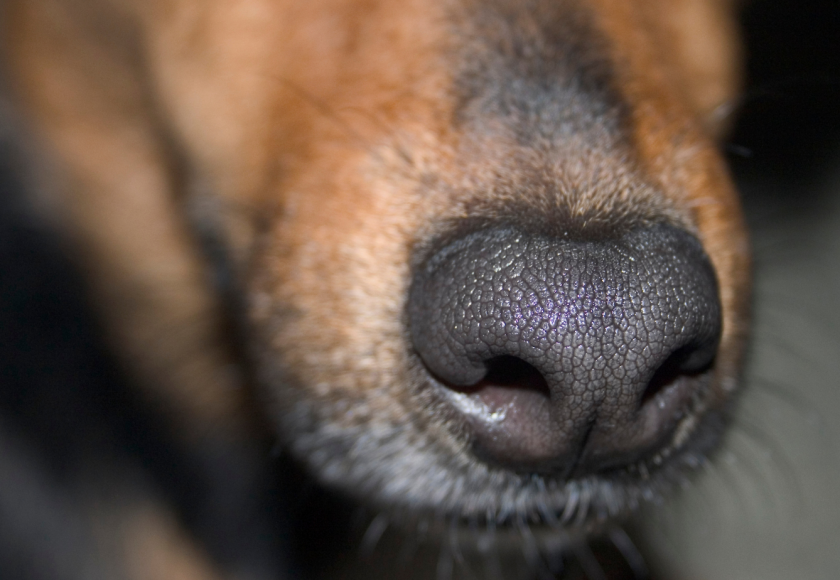Infectious diseases (such as kennel cough, sinusitis, rhinitis, or other respiratory tract infections), gastrointestinal infections, heartworm, and cardiovascular disease can also cause dogs to cough or wheeze. sinusitis, rhinitis, or other respiratory tract infections), gastrointestinal infections, heartworm, cardiovascular disease, or tracheal collapse.
If your pet is choking, contact your veterinarian immediately.
Table of contents
Why does a dog bark?
A dog coughs or wheezes when its throat receptors, trachea, or bronchi are stimulated or irritated. These receptors are most often irritated by a foreign object stuck in the airways.
Foreign objects in the airways can range from toys and bones to branches that get stuck in the throat or esophagus.
Often, owners confuse coughing with barking or wheezing, so when looking for the answer to “why is my dog coughing?”, it is very important to seek help from a veterinarian who will examine your pet, perform the necessary tests, and prescribe the most appropriate treatment.

Why does my dog cough?
Most often, dogs cough due to increased sensitivity of the upper respiratory tract caused by kennel cough or other infectious diseases of the respiratory tract.
Less commonly, dogs cough due to heart disease and increased stomach acidity.
Canine cough. What is it?
Kennel cough is a term used to describe a complex of viral and bacterial infections. Kennel cough causes inflammation of the upper respiratory tract. It is a rapidly spreading and contagious disease that animals contract through direct contact with each other.
Don’t be misled by the name of this virus; it is not a disease that only affects animals living in shelters. Any animal that has contact with other dogs (during training, long walks, shows, at kennels, dog hotels and parks, when visiting, etc.) can become infected with this disease.

What causes kennel cough?
The primary or sole pathogen causing this disease may be:
- Canine parainfluenza virus
- Canine adenovirus 2 (CAV-2)
Gram-negative bacteria (such as Bordetella bronchiseptica, Pseudomonas spp., Escherichia coli, and Klebsiella pneumonia) can be the primary pathogen, especially in younger puppies, but can also cause secondary infections such as tracheitis, bronchitis, and pneumonia.
An interesting fact is that cats can be carriers of the causative agent of “kennel cough” and help the causative agents of infection survive in the environment without any health changes.

Symptoms of kennel cough
All clinical symptoms are related to respiratory tract damage and depend on the course of the disease and the age of the affected dog. Dry coughing fits and the impression that something is stuck in the dog’s throat are the main symptoms that may indicate canine cough. In most cases, the dog will appear healthy, except for constant coughing even when at rest.
If the disease is not advanced, appetite and activity levels are usually not reduced.
As the condition or disease progresses, dogs often develop a cough with white, frothy mucus. Coughing can cause vomiting. In advanced cases of canine cough disease, diarrhea, fever, apathy, and visible whitish, yellowish, or greenish discharge from the eyes and nasal cavity may occur.
It should be noted that coughing in dogs can intensify due to an ill-fitting collar, changes in temperature and humidity, excitement, or constant activity.
If you notice that your dog is coughing or has coughing fits even when lying calmly, contact your veterinarian immediately, as a dog’s cough can develop into severe pneumonia within a few days.
Which dogs are prone to kennel cough?
Young, older, chronically ill, and unvaccinated dogs are more likely to contract canine distemper. The most severe cases of the disease occur in puppies between 6 weeks and 6 months of age.

How to protect your dog from kennel cough?
The most effective method of prevention is dog vaccination. If you and your pet enjoy participating in various competitions, parades, training classes, gatherings, playgrounds, and spending time with other animals, we recommend vaccinating your dogs against kennel cough. It is important to remember that dogs that are already sick cannot be vaccinated and will not develop lifelong immunity.
The Begemotas Veterinary Clinic in Vilnius is always ready to help your sick four-legged friends. The experience of our veterinarians and modern equipment help us to quickly and effectively diagnose diseases and their causes and prescribe the most appropriate treatment. If you have any questions or concerns about your dog’s health, the Begemotas Veterinary Clinic is open every day from early morning until late at night. Contact us if your pet needs help.





